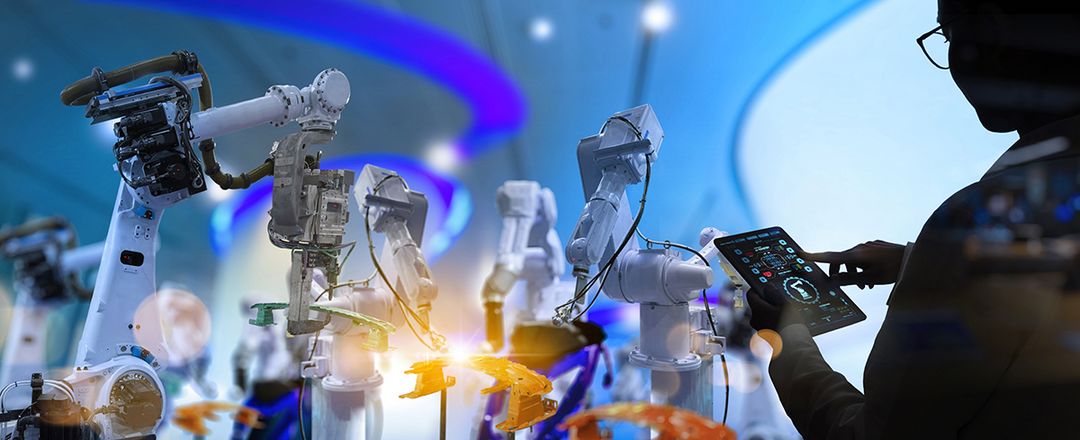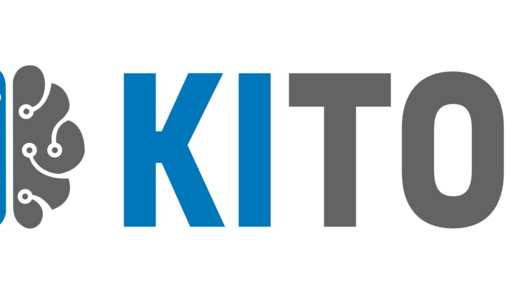KITOS develops concepts for the management of TSN-based networks supported by Artificial Intelligence (AI)
The consortium partners develop AI algorithms that give networks the necessary dynamics and reliability for Industry 4.0 scenarios and allow users to operate easily and without deep network or AI knowledge. Intelligent tools support decision making, allow more efficient use of resources and enable higher performance configurations. For active operation, the network management is secured against failures with AI-supported error detection and adaptation mechanisms.
Diversity of industrial communication systems makes networking difficult
The networking of machine controls, sensors and actuators plays a major role in industry. There is a variety of different real-time-capable and deterministic communication systems such as PROFINET, EtherCAT or Sercos, which are incompatible with each other. In addition, real-time capable networks at the field level differ from non-real-time capable IT networks. Interlinking these different networks is very complex and work intensive.
Industry 4.0 requires support for different application profiles on the same network
A sustainable increase in efficiency and flexibility in production is the basis for further implementing the Vision of Industry 4.0. To achieve this, applications with different requirements must be operated via the same network:
- Applications with high data rates and low latency (delay) such as video inspection or augmented reality applications to support maintenance technicians.
- Drive and robot controllers with extremely low latency and high-precision synchronicity.
KITOS focuses on Time-Sensitive Networking (TSN)
During the implementation the consortium partners rely on Time-Sensitive Networking. TSN is an Ethernet-based standard that allows both low transmission latency and high synchronicity. An industrial application profile for TSN is currently being developed in the IEEE/IEC 60802 standard. A manual configuration of TSN is possible, but it is static and sometimes very complex. Initial configuration and response to changes in communications requirements, optimisation of TSN networks in operationand prevention of disruptions require extensive network know-how, which is often not available in the operation andoperation of production plants. In KITOS, methods of Artificial Intelligence, such as self-learning processes that are constantly evolving, are to be used and applied to configure and optimize a modern communication network. This should, for example, provide better protection against failures or solve problems that arise in the event of overloads.
KITOS is coordinated by the research department “Intelligent Networks” of the German Research Center for Artificial Intelligence (DFKI) in Kaiserslautern and is funded by the Federal Ministry of Education and Research (BMBF) with 5 million Euros until March 2023.
Partners:
- German Research Center for Artificial Intelligence (DFKI), Kaiserslautern
- Codesys Development GmbH, Kempten (Allgäu)
- Robert Bosch GmbH, Gerlingen-Schillerhöhe
- Eberhard Karls University Tübingen
- Hilscher Society for System Automation mbH, Hattersheim
- Dresden University of Technology
- Bosch Rexroth AG, Lohr am Main
Associated partner:
- Hirschmann Automation and Control GmbH, Neckartenzlingen


